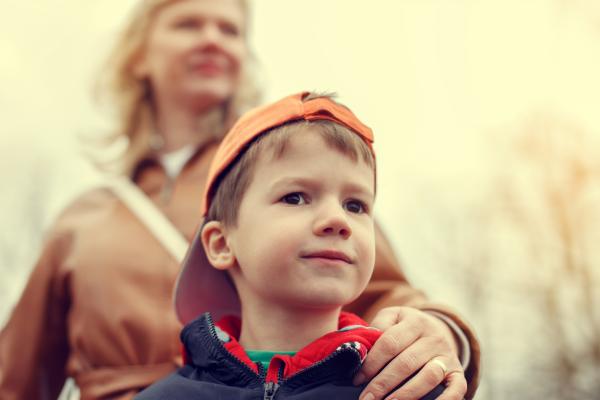May 17, 2016
I know that this child’s life and mine have intersected by a miraculous plan, and that however temporary, we will both enjoy what we can from how our stories have come together. He tells me stories of what it was like at his birth family’s house, we talk about the differences and similarities between his birth household and my household now, and together we make more crazy plans.
God calls us among all of our anxieties, voiced and unvoiced, to keep on living. To pray for one another, to argue with one another, to take the terrifying chance to say “I love you” to one another every day because we know the other needs to hear it.
Read the Full Article

Already a subscriber? Login
